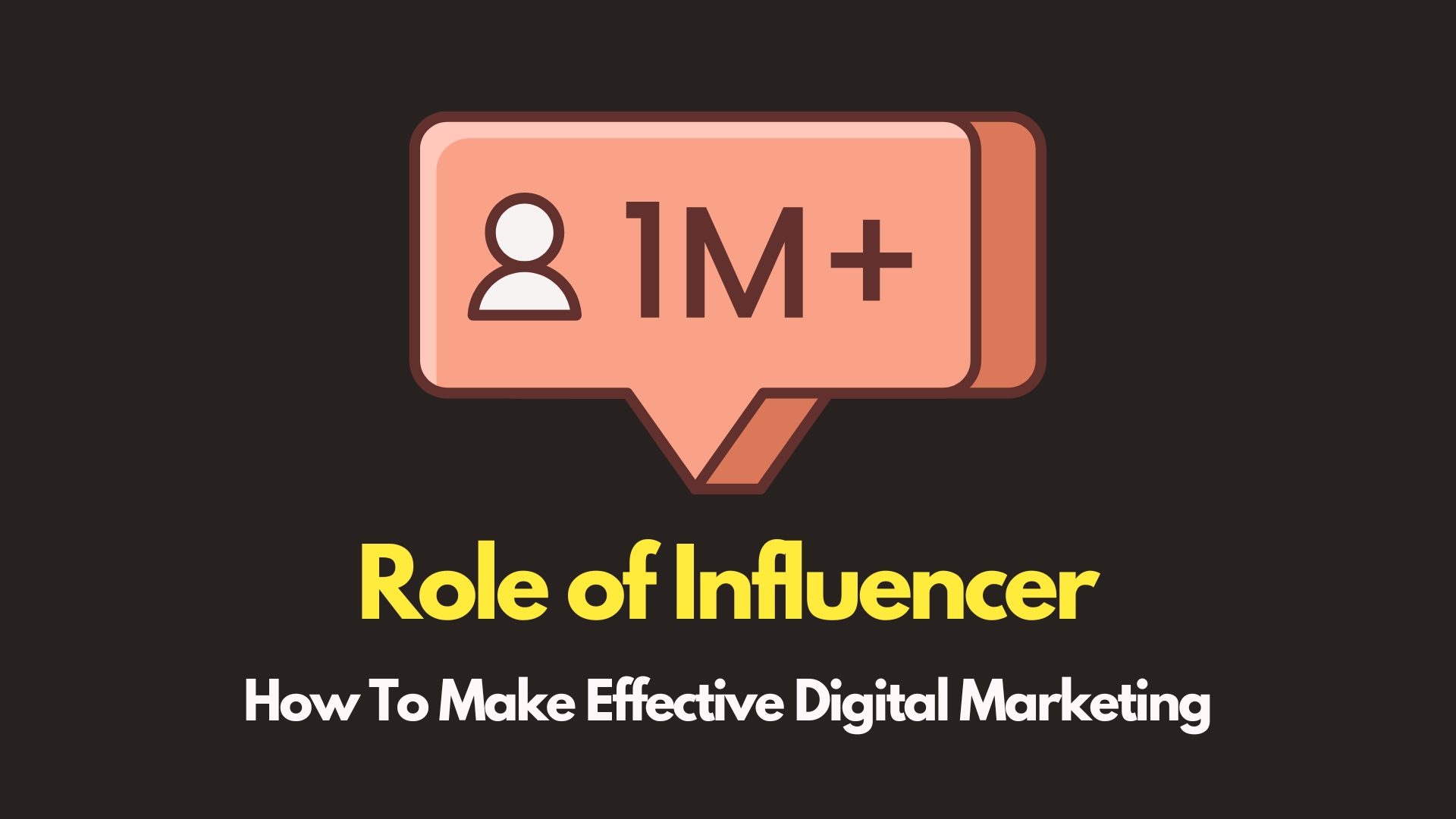Published
- 3 min read
The Role of Influencer Psychology in Marketing Strategies

Key Takeaways:
- Influencers are pivotal in shaping consumer behavior through their perceived trustworthiness, expertise, and attractiveness.
- The congruence between influencers, products, and consumer values plays a significant role in purchase decisions.
- Parasocial relationships between influencers and followers can lead to increased consumer trust and loyalty.
- Influencer marketing strategies should be tailored to enhance brand attitude and leverage electronic word-of-mouth (eWOM).
- Understanding the psychological impact of influencers can help businesses craft more effective marketing campaigns.
In a world where social media is an integral part of daily life, influencers have become a cornerstone of modern marketing strategies. Their impact on consumer behavior is profound, shaping the way brands interact with their target audiences. In this article, we delve into the psychological underpinnings of influencer impact and how it translates into consumer behavior.
The Role of Influencers in Shaping Perceptions
Influencers are often seen as opinion leaders and have the power to sway public perception. Their credibility, rooted in their expertise and trustworthiness, can significantly affect how consumers view products and brands. This credibility is essential for brands that aim to foster a positive image and encourage consumer engagement.
Congruence: The Harmonious Triad
The effectiveness of an influencer’s endorsement depends on the congruence between the influencer, the product, and the consumer’s self-image. When these elements align, consumers are more likely to develop a favorable attitude towards the brand, leading to higher purchase intent. Exploring this concept further, we see that influencer marketing strategies must be crafted with an understanding of the target demographic’s values and preferences.
Parasocial Relationships: Beyond the Screen
Influencers often cultivate parasocial relationships—where followers feel a sense of friendship or connection with the influencer, despite the lack of interaction in real life. This perceived relationship can translate into consumer trust and loyalty, as followers may be more inclined to take the influencer’s recommendations to heart.
The Psychological Triggers of Influencer Marketing
Understanding the psychological triggers that influencers can activate is crucial for marketers. These triggers include:
- Trust: The belief in the influencer’s honesty and reliability.
- Authority: The influencer’s expertise in a particular domain.
- Liking: The personal appeal and attractiveness of the influencer.
- Scarcity: Highlighting the limited availability of an endorsed product.
- Social Proof: The influencer’s following serving as evidence of their influence.
By tapping into these triggers, influencers can effectively guide consumer behavior. For more on leveraging psychological triggers in advertising, check out the power of psychological triggers in advertising.
Crafting Effective Influencer Marketing Campaigns
To harness the psychological impact of influencers, marketers must consider several factors:
- Selecting the Right Influencer: Aligning with influencers who share the brand’s values and appeal to the target audience.
- Creating Authentic Content: Genuine endorsements resonate more with consumers and can lead to better campaign outcomes.
- Measuring Impact: Tracking metrics such as engagement rates, conversion rates, and eWOM to assess the effectiveness of influencer partnerships.
For insights on creating balanced campaigns, visit creating a balanced marketing strategy leveraging consumer psychology.
Conclusion
The psychological impact of influencers on consumer behavior is a complex interplay of trust, credibility, and relationship dynamics. As brands continue to leverage influencer partnerships, understanding these psychological aspects is key to crafting marketing strategies that resonate with consumers and drive engagement.
For businesses looking to deepen their understanding of consumer behavior, the consumer psychology digital age section offers a wealth of information.